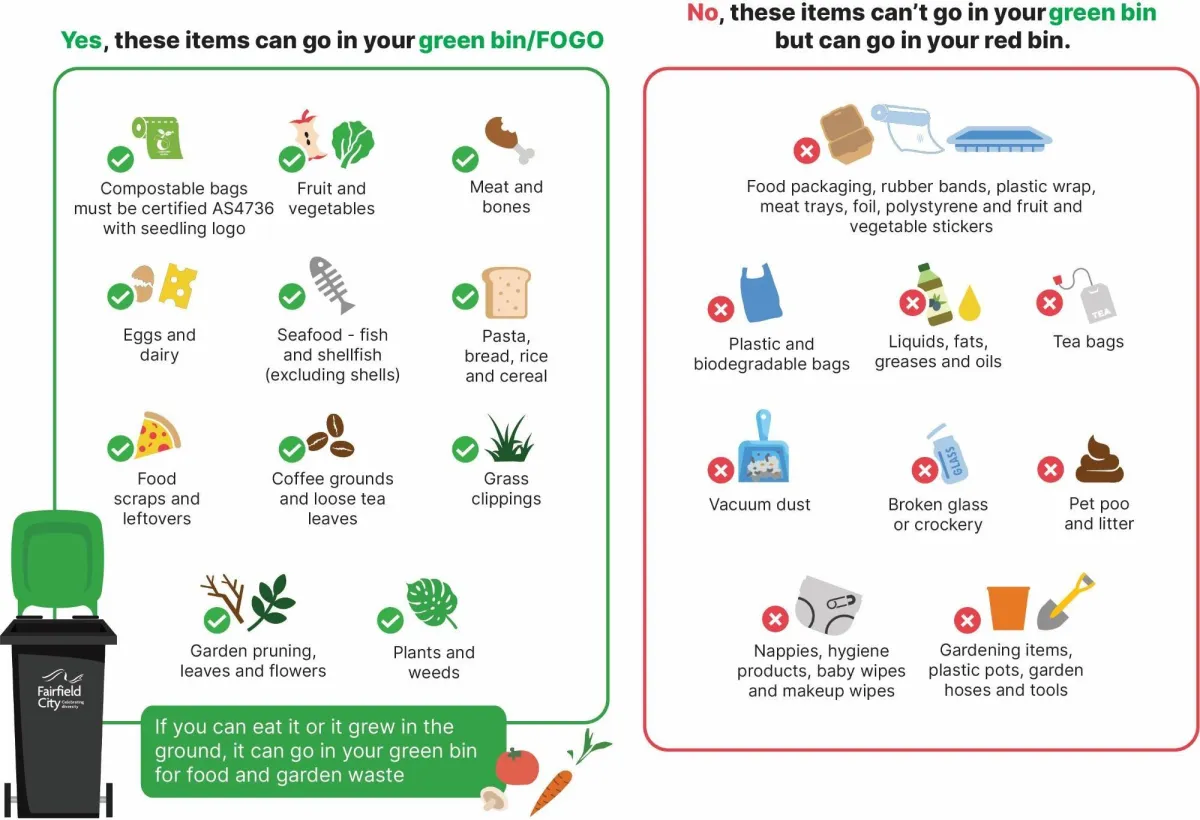Feedstocks and Liquids
Biomix accepts select organic materials for composting—carefully vetted to ensure compliance, product quality, and alignment with industry standards.
♻️ What We Accept
We recycle a wide range of commercial organic materials from food services, waste processors, and council collections.
Accepted Organics for Commercial Organics Recycling Bin (CORB):
Bread and bakery items
Cooked pasta, rice, and grains
Coffee grounds and paper filters
Tea bags (unbleached, plastic-free)
Fruit and veg scraps
Eggshells
Food-soiled napkins and paper
Grass clippings
Garden trimmings
Pizza (including bones)
Cheese and yoghurt
Meat and bones
Seafood
Out-of-date food (with packaging removed)
Whipped cream
Pet manure and cat litter (natural only)
❌ What We Don’t Accept
To protect soil health and compost quality, the following are excluded:
Plastics & Packaging:
Plastic straws and cling wrap
Butcher sachets
Polystyrene caps
Aluminium foil
Plastic-lined containers (e.g., pizza boxes)
Grease trap waste
Soft plastics, synthetic liners
Biodegradable bags (non-certified)
Hazards & Contaminants:
Batteries (e.g., lithium)
Treated or painted timber
Asbestos
General waste
Chemical waste
Contaminated liquids or solids
Concrete, glass, or bricks

Compostable Packaging
We support businesses transitioning to certified compostable packaging. Only products compliant with AS4736
(for industrial composting) are accepted.
Our compost isn’t trucked in from city green waste — it’s matured and tested right here in northern Victoria, with the kind of consistency you can actually plan around.
Examples of accepted packaging:
Certified compostable packaging
Packaging brown trays
Products suitable for ‘in-vessel’ digestion systems
🌱 Garden & Timber Waste
Only clean, untreated timber is accepted from commercial sources, in line with EPA’s “Raw Mulch” definition.
Accepted:
Pallets (unpainted, untreated)
Wood shavings and sawdust
Offcuts from untreated wood
Rejected:
Painted/treated wood
Timber with plastic, metal, or chemical coatings
Any contaminated green waste
💧 Liquid Waste Guidelines
Biomix can process liquid waste under strict conditions.
All liquids must comply with EPA definitions and be pre-approved.
Accepted:
Milk whey
Grease trap
Rejected:
Drilling sludge
Effluent
Our Capabilities
Redirection of organic waste from landfill
Organics collection, sorting, and processing
Contamination removal at source
Composting to AS4454 and AS4736 standards
Production of certified, stable compost with full traceability
Supplied into known, established markets
Suitable for ag, civil, and commercial applications

